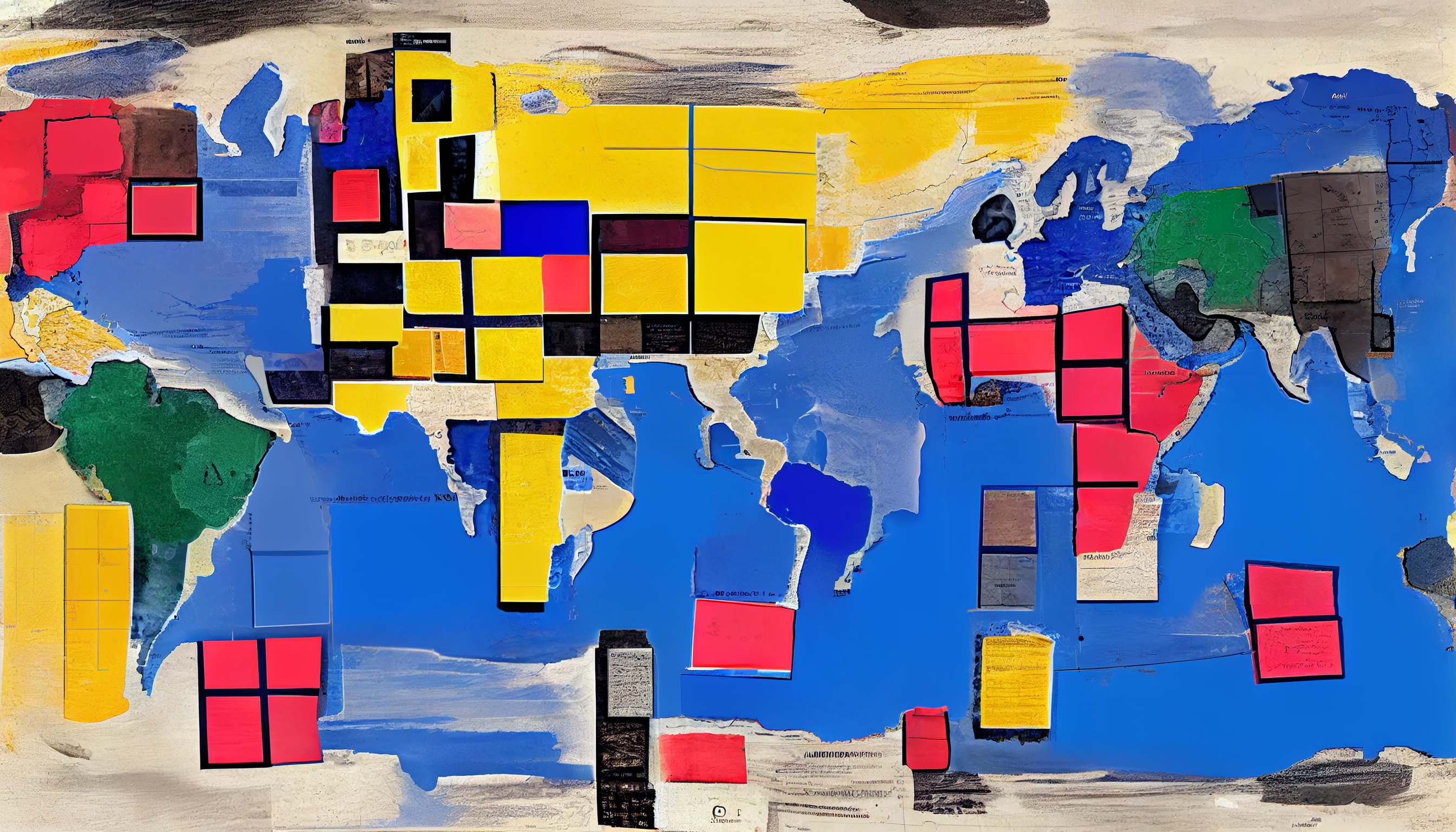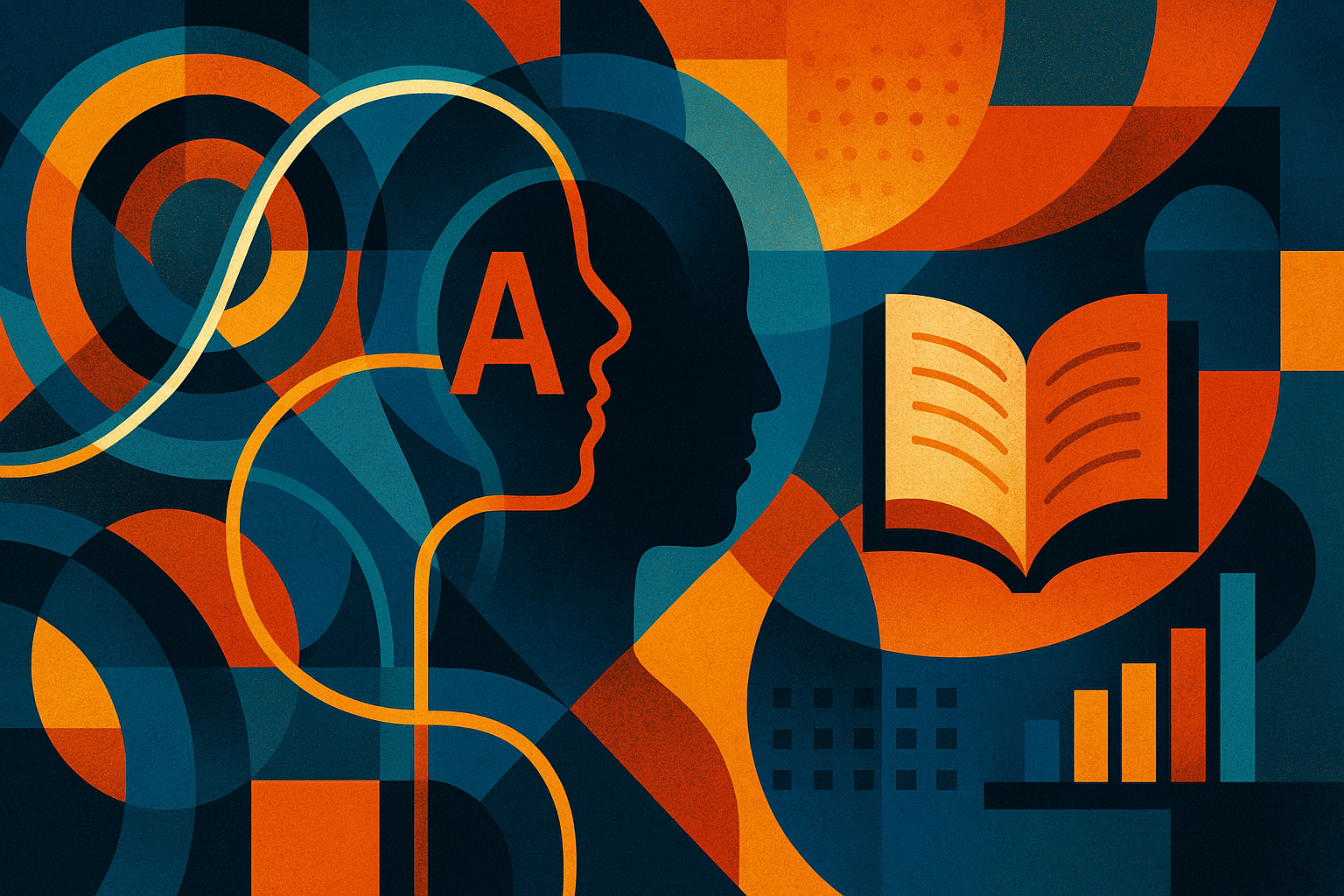A quick plug for this week’s episode of Modem Futura with Punya Mishra, which dives into what agentic AI does and doesn’t mean in education, and why this matters.
I’m leery of writing too much about podcast episodes on this Substack newsletter as, from experience, it’s the fastest way to lose readers’ attention. But I decided to make an exception this week as today’s conversation with Punya Mishra on Modem Futura is a must-listen for anyone interested in, or concerned about, agentic AI in education.
By way of background, Punya is an internationally recognized expert in educational technology, the role of creativity and aesthetics in learning, and the application of collaborative, design-based approaches to educational innovation. He’s widely known for his work on developing the Technological Pedagogical Content Knowledge (TPACK) framework, which is one of the most influential frameworks for technology integration in teaching. And for the past few years he’s been at the forefront of thinking, research, and teaching around the use of AI in education.
Agentic AI has become a bit of a buzzword in education technology circles, and so Punya, myself, and my co-host Sean Leahy sat down to unpack what it is, what it’s not, and how we should be thinking about AI in learning. …
Related:
More on artificial intelligence at ASU.



